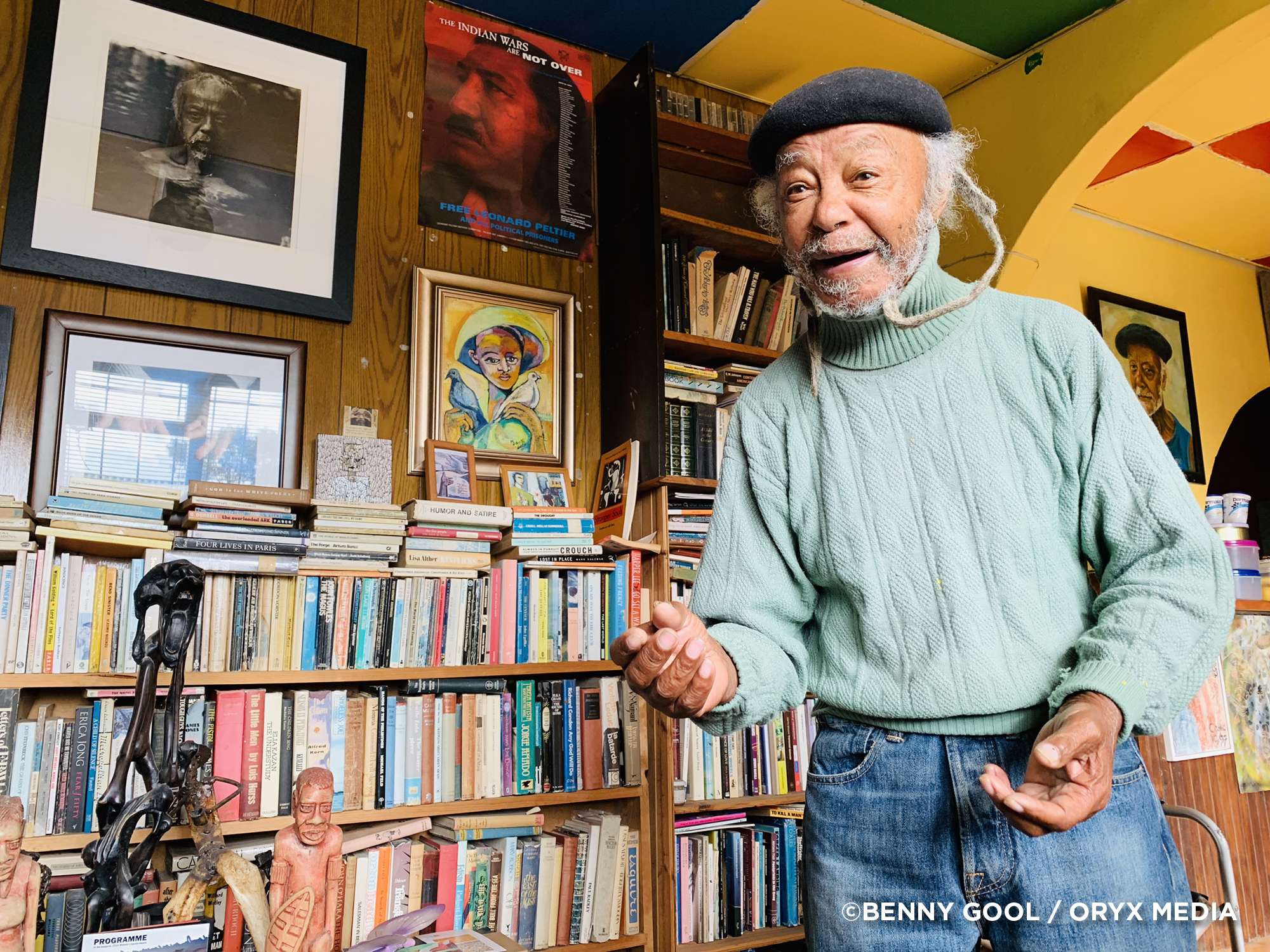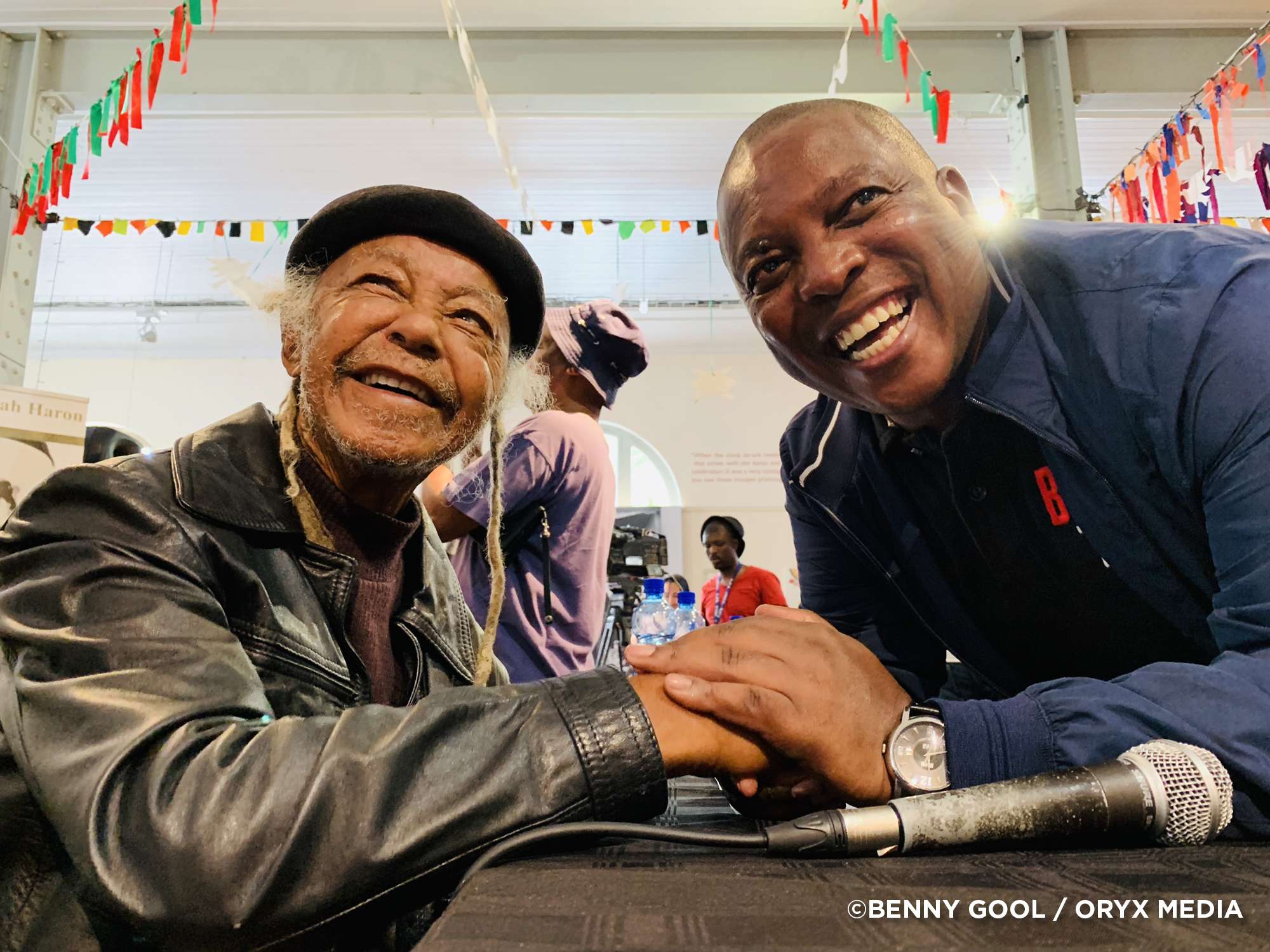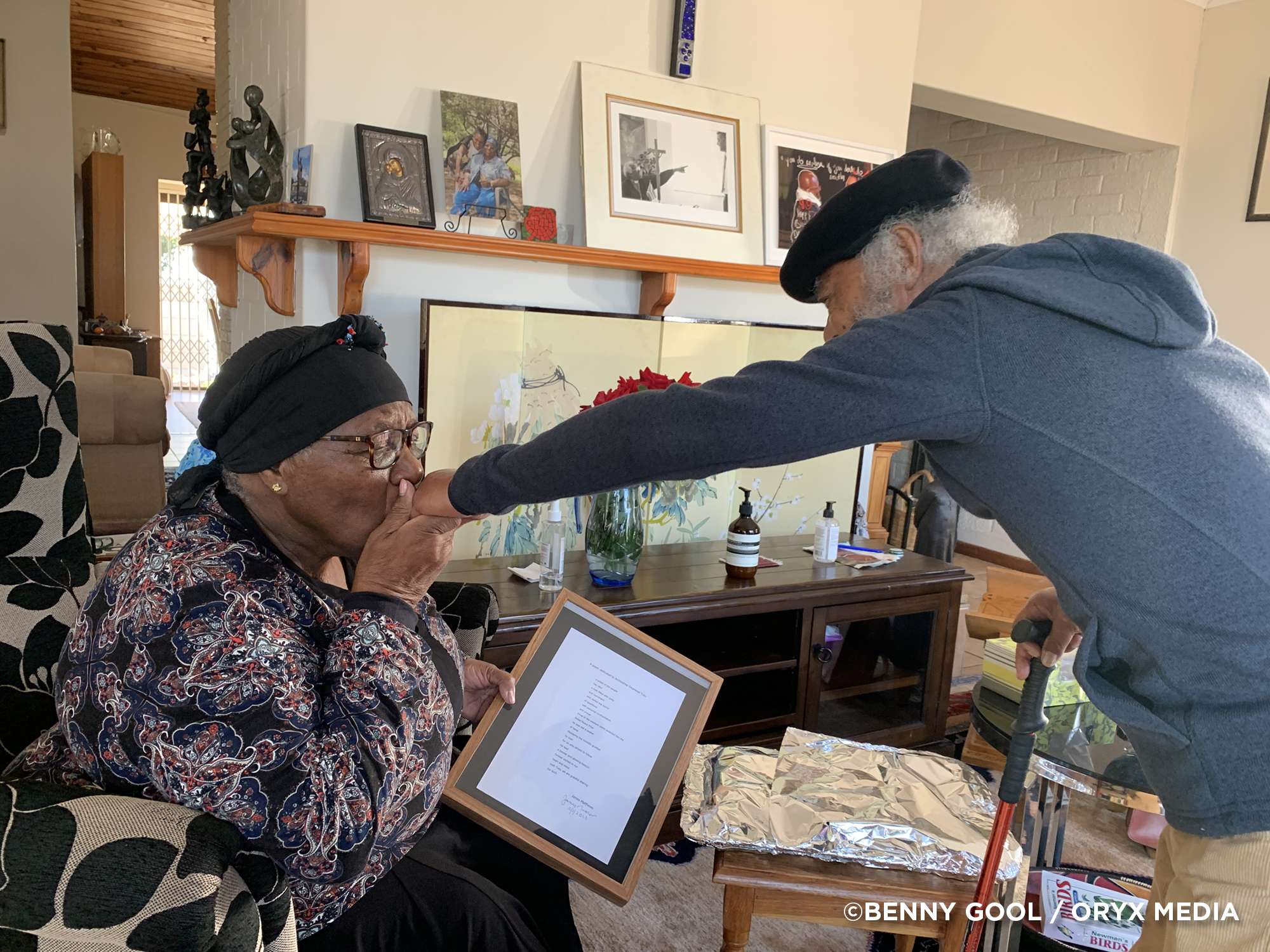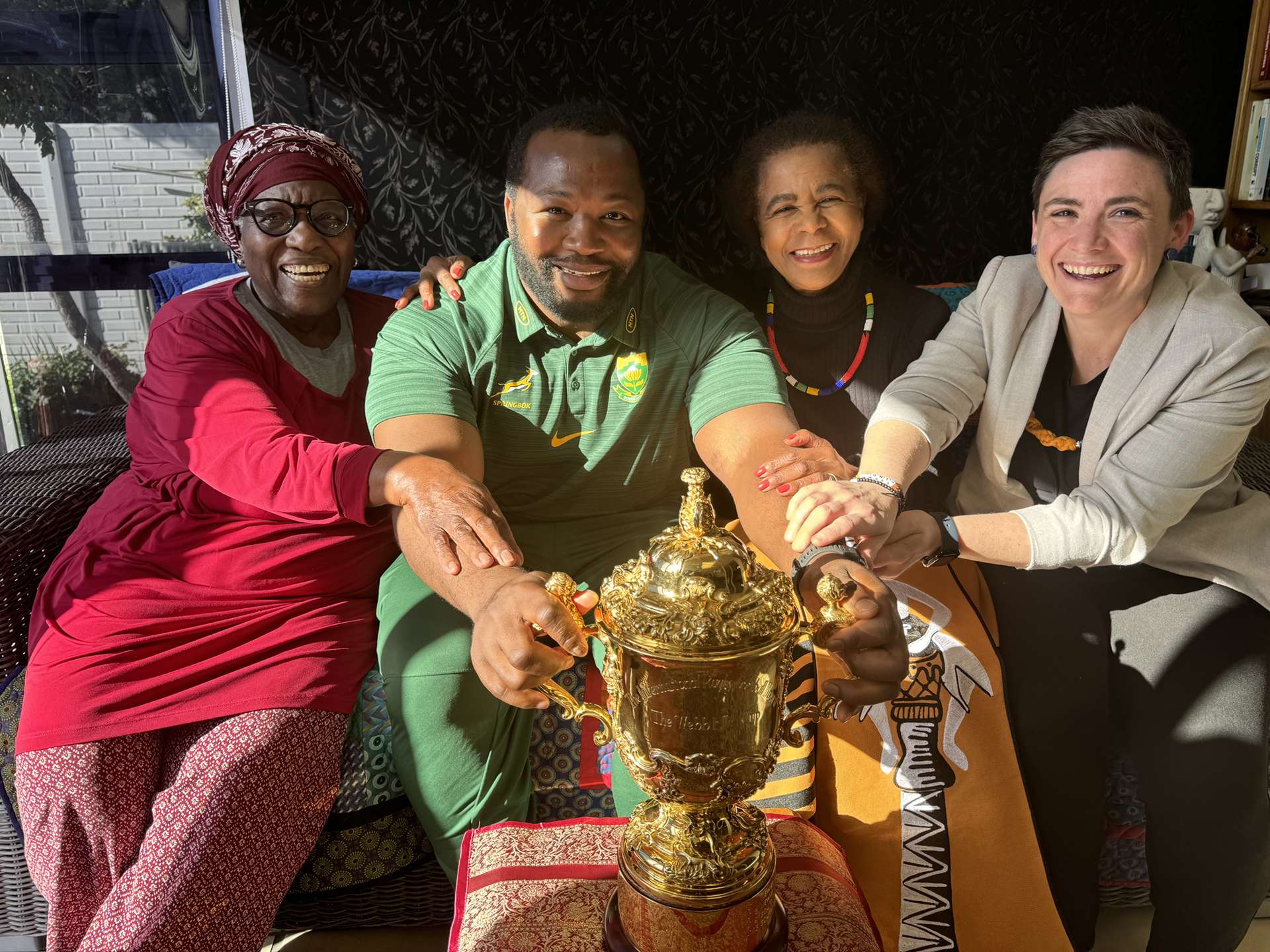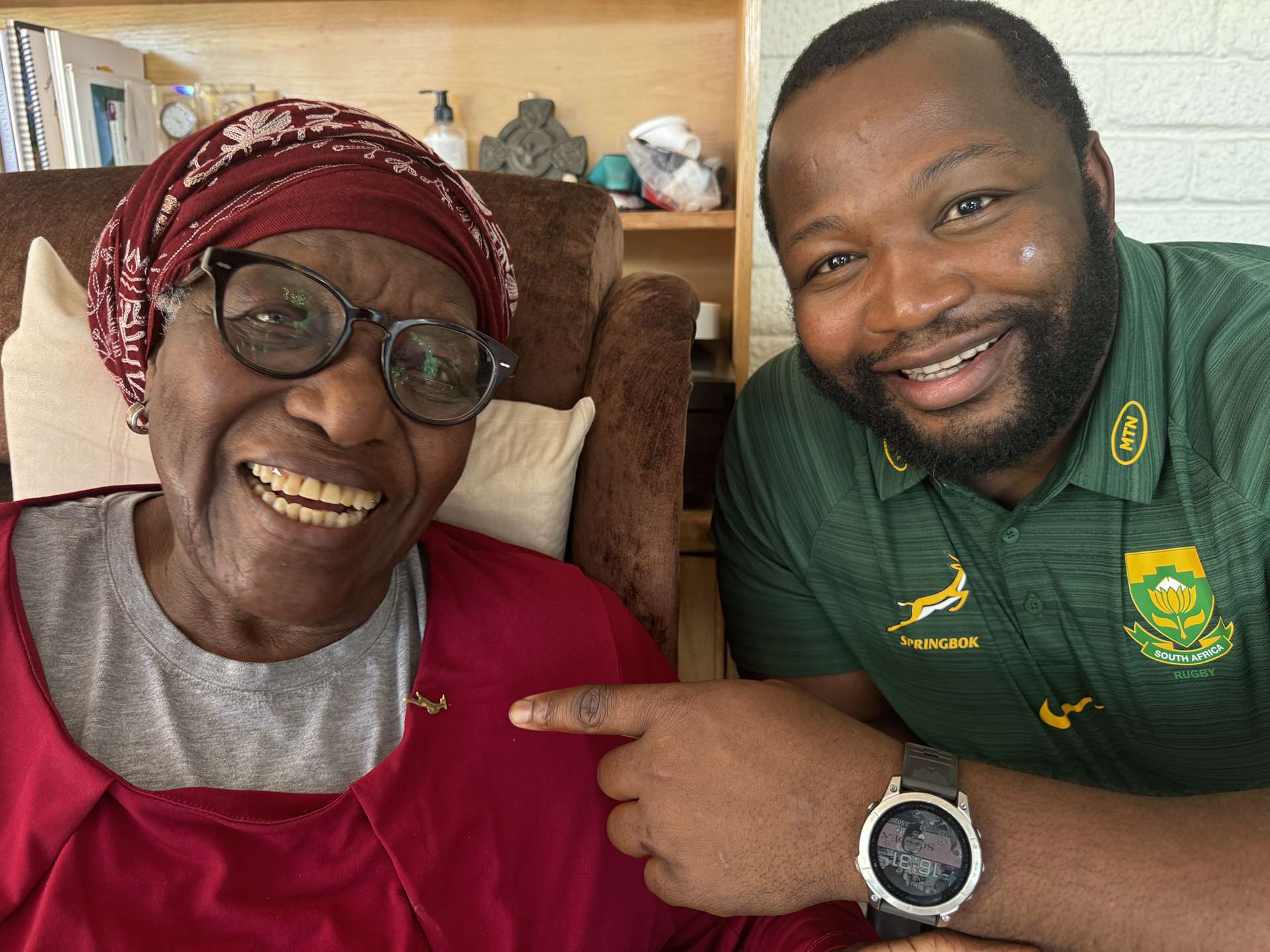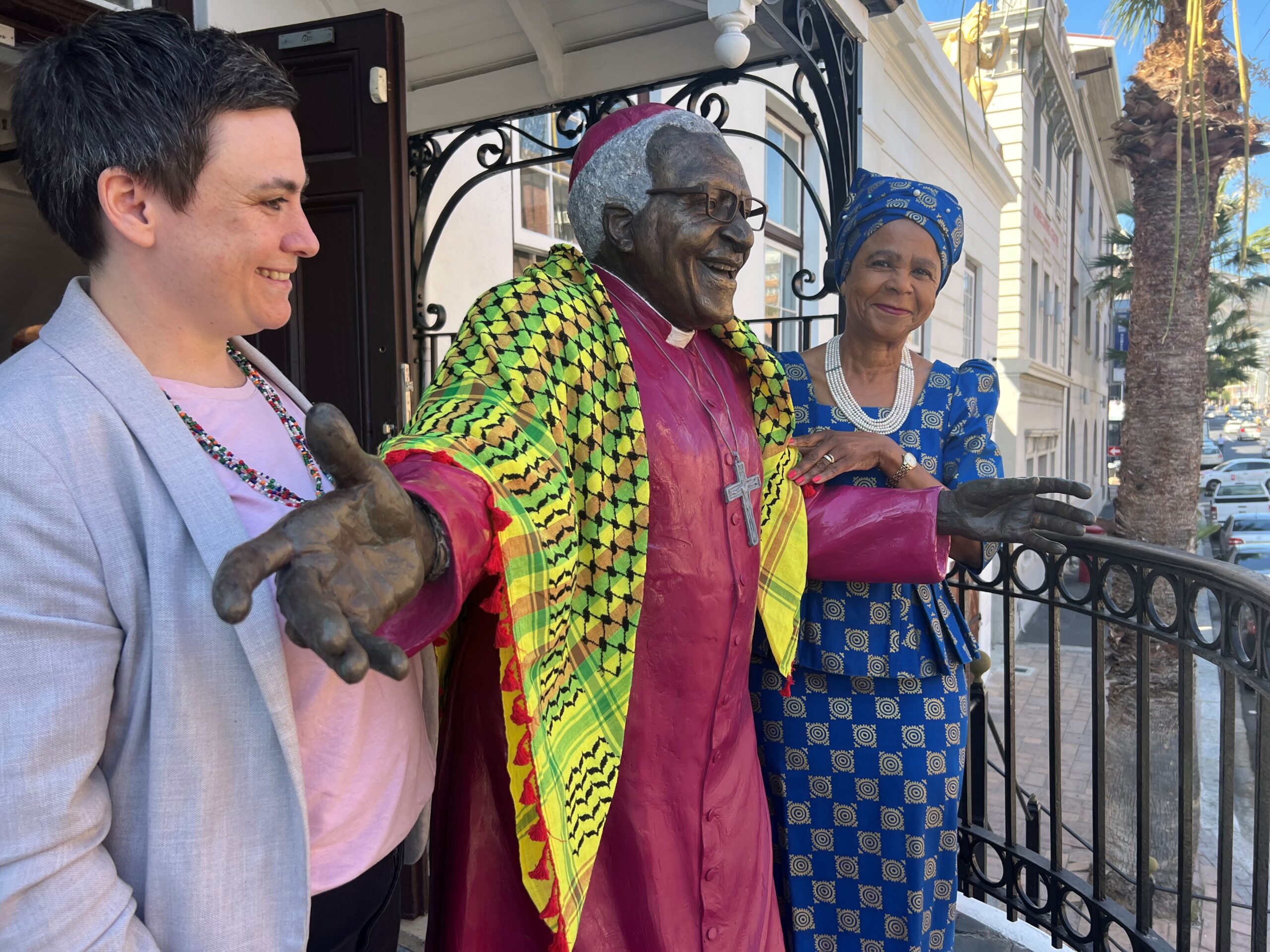PALESTINIANS, NOT THEIR OPPRESSORS, MUST DETERMINE PALESTINE’S DESTINY
Statement from Dr Mamphela Ramphele for the Archbishop Tutu IP Trust
PALESTINIANS, NOT THEIR OPPRESSORS, MUST DETERMINE PALESTINE’S DESTINY
The US proposal to remove all Palestinians from Gaza and develop a riviera, no doubt with golf courses and casinos, on land soaked with the blood of Palestinians, is grotesque.
It is precisely for propositions such as this that the global community came together after World War Two to create the United Nations… to stop genocide or anything similar from ever happening again.
Instead of carefully choosing their words in fear of offending the new US administration, powerful countries in Europe and elsewhere – including former Palestinian colonial power, the UK – must raise their voices to stop the madness. Failure to speak out would make them complicit.
If the US proceeds with its plan, backed by Israel, what they create in Gaza will be a monument to inhumanity and hatred.
Those behind the plan should know that, regardless of the size of their arsenal and bank balances, any planning for the future of Palestine that excludes Palestinians will be rooted in injustice, will be resisted, and will not be sustainable.
As the late Archbishop and Nobel Peace Laureate Demond Tutu put it, when people begin to regard themselves as invulnerable and independent, they are in fact at their most vulnerable. Military means will not deliver the sustainable peace that the people of both Israel and Palestine equally deserve.
Irrespective of the US and Israel’s ideological positions with respect to multilateralism and multilateral agencies such as the International Criminal Court, any plan to forcibly remove Gazans from Gaza will be a textbook case of that court’s definition of the “crime against humanity of deportation or forcible transfer of population”.
This would be a separate crime to that of genocide that South Africa (now joined by 14 other nations) has levelled against Israel at the International Court of Justice. The US has played a primary role facilitating the razing of Gaza and killing of thousands of non-combatants, by supplying the lethal arms and protecting Israel from sanctions at the UN.
The idea that Israel and the US should now determine the future of Palestinians, without consulting them, is comparable to the apartheid government in South Africa negotiating ‘a day after plan’ with the late President Reagan without consulting Black South Africans.
Respectable nations must continue to support the United Nations, which must strengthen its voice. It has a responsibility to rein in errant members of the human family.
The sustainability of the human species and the environment as we know it pivots on the fundamental truth of human inter-dependence, which the UN must uphold.
Good people in the US, by far the majority of citizens in their country, should heed the words of their founding father and third President, Thomas Jefferson, who said of democracy: “The government you elect is the government you deserve.”
* Dr Ramphele is the Chairperson of the Archbishop Tutu IP Trust.
Ends…
Distributed for the Archbishop Tutu IP Trust on 7 February by Oryx Media (Benny Gool 082 5566 556 / Roger Friedman 079 8966 899).


